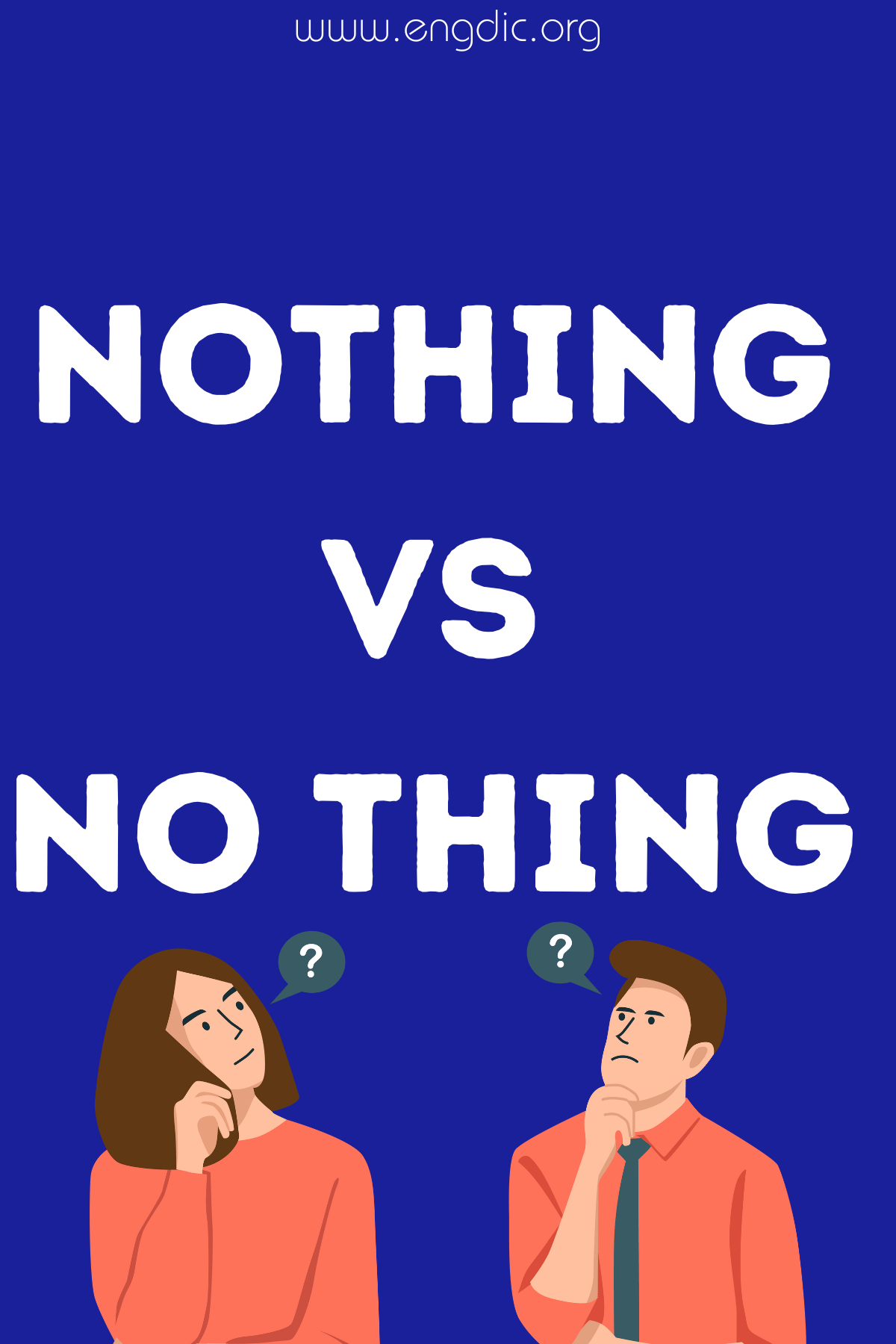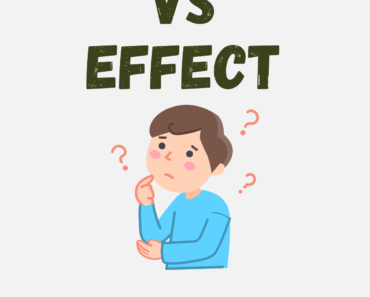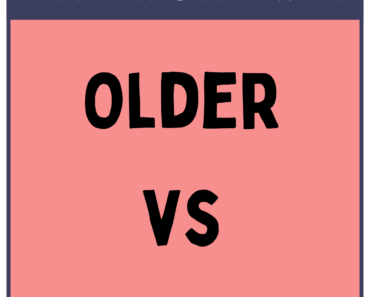The terms “nothing” and “no thing” might sound similar but have distinct meanings and uses. “Nothing” is commonly used as a pronoun meaning the absence of anything, encompassing all forms of nonexistence or void. On the other hand, “no thing” is a phrase composed of a negation “no” and a noun “thing”, which refers specifically to the absence of a particular object or item.
This subtle difference highlights “nothing” as a broad, abstract concept, whereas “no thing” is more concrete, emphasizing the absence of specific entities.
Nothing
- Definition: “Nothing” is a pronoun used to indicate the absence of anything, or the state of nonexistence.
- Usage: It is often used to express a lack of presence, existence, or quantity of any sort.
- Example: There is nothing in the refrigerator.
No Thing
- Definition: “No thing” is a phrase used to specify that not a single object, item, or entity is present or involved.
- Usage: This phrase is used to emphasize the absence of specific things, rather than a general state of emptiness.
- Example: There is no thing in the box that belongs to you.
Additional Explanation
It is important to note that while “nothing” is generally more abstract and philosophical, “no thing” tends to be used in more formal or literal contexts. The choice between them can affect the tone and clarity of a statement, making it crucial to select the one that best fits the intended meaning in various contexts.







